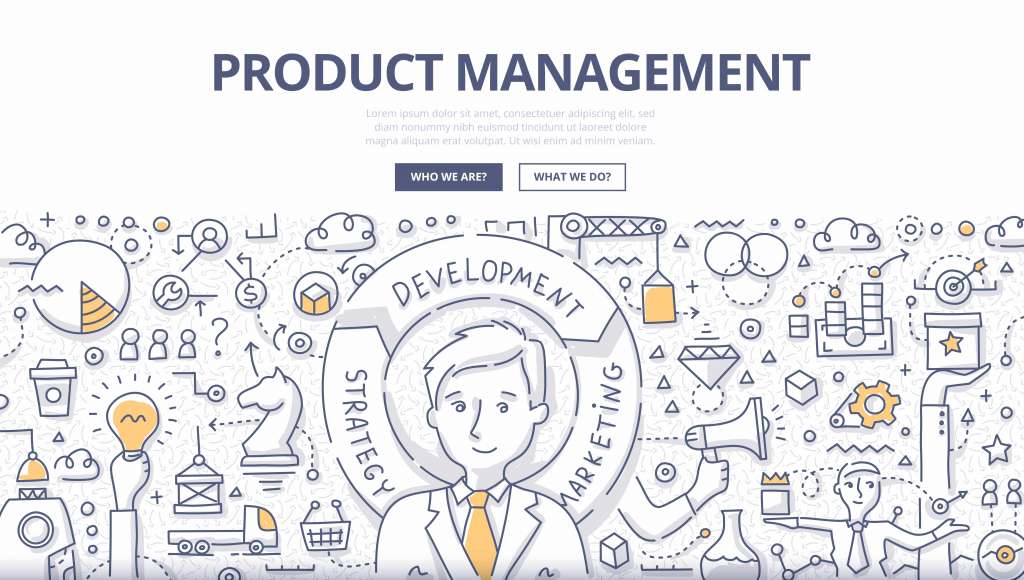Understanding Different Areas of Business Management.



Summary: An undergraduate degree program in business administration can help people develop skills crucial for manufacturing and selling products, keeping employees motivated, and making impactful business decisions. These programs hone leadership and negotiation skills essential to run a fashion brand with global supply chains.
Today, fashion brands aren't just fighting off competition. They are fighting over material and human resources, looking for newer markets to source at competitive prices, and wages. These real-time decisions require a professional skill set in policy-level planning and operations. This is where professionals with business administration degrees come in extremely handy. So, let’s glimpse into the subjects covered under such programs.
Bachelor and Master of Business Administration (BBA and MBA) Degrees
BBA and MBA degrees are interdisciplinary academic programs. They combine practical cases and theoretical knowledge from a number of streams, including accounting, marketing, HR management, finance, IT systems, and other areas of operations. While MBA refers to an advanced degree and is mostly pursued by professionals, for clarity’s sake let’s focus on BBA as it is offered by several American colleges.
What about the course duration?
Most universities in the U.S. offer BBA as a four-year bachelor’s degree program consisting of six semesters. However, some intuitions do have part-time, correspondence, and online BBA and MBA programs with varied duration, extendable timings, and fees.
Key Subjects in a Business Administration Curriculum
The overall course structure in business administration remains the same. Subjects can be divided into two groups, core (primary) and elective. First, let’s glimpse into the details of some of the primary courses.
Essentials of management
The subject helps future leaders understand the critical functions of management. It highlights the significance of proper planning, organizing, and controlling assets within an organization.
Human resource management
HR is the lifeblood of any company. HRM focuses on helping trainees develop skills crucial for managing human resources in the organization. Whether it is hiring, retention, or ways to reduce attrition in the company, the subject covers them all.
Corporate finance
Students are introduced to the financial aspects of business operations. Topics like financing, financial analysis, planning, forecasting, and budgeting are covered under the subject. Overall, students become familiar with fundamental principles related to finance.
Accounting
Accounting focuses on recordkeeping and bookkeeping practices that are crucial for the smooth functioning of any enterprise. In addition, it tells students the significance of systematically recording and retrieving financial transaction data.
Business economics
An administrator should have the ability to analyze both quantitative and theoretical aspects of a business. The skill is crucial to track development and financial growth. Business economics covers the same.
Production and material management
A production manager monitors all the procedures involved in converting raw materials to finished goods. The module ensures students understand everything that goes into planning, organizing, and controlling various production-related activities. It is also often covered as a sub-topic or a part of operational management.

Corporate planning
Administrators can plan long-term goals and objectives for an enterprise only if they understand the company’s capabilities. This is what corporate planning helps them excel in. The course focuses on improving one's ability to judge the strength and weaknesses of an organization so that one can determine future objectives.
Supply chain management
The subject covers everything involved in the production flow, right from acquiring raw materials, transporting, warehousing, processing them into finished goods, and delivering the final product to the customer.
Marketing basics
Marketing is crucial to creating a demand for products and helping them retain relevance and reputation. The syllabus helps students ensure they are champs in designing and implementing online/offline marketing plans to promote products or services.

Retailing
The module empowers students to create innovative business strategies vital for presenting products most effectively. It covers sub-topics like customer demand analysis, sales forecasting, price negotiations with suppliers, and organizing brand-bolstering engagements like trade events.
A Quick Look at the Elective Subjects Offered in Business Administration
Alongside the core subjects, students are asked to opt for electives. They can choose some depending on their area of interest and specialization. Here are some of the popular optional subjects in a business administration course.
- Inventory management
- Logistics
- Labor legislation
- E-commerce
- Merchandise planning and buying
- Fashion product development
- Security analysis
- Digital marketing
- Data analysis
- Brand building
- Law of contract
- Entrepreneurship
To Sum it Up
The global fashion industry was worth more than $1.7 trillion in 2022. By 2027, it is set to cross the $2 trillion mark. Rough estimates suggest that the sector (textile, clothing, and fashion) offers direct and indirect employment opportunities to more than 430 million people. A degree course in business administration will hone creativity, business acumen, communication, and organizational skills. Yes, these capabilities prove incredibly vital in the fashion business.
Key Takeaways:
- Besides major corporations, even small and medium-sized businesses require competent business administrators.
- A business administration degree can help you work as an entrepreneur, brand manager, logistics executive, product development manager, wholesale account executive, e-commerce store owner, merchandiser, and decision maker for your retail location.
Planning to launch your apparel line? Fashinza can connect you with trustworthy sourcing partners who follow transparent business practices. Its AI-powered platform will make predictive decisions in sourcing which you can finalize and monitor the production process 24x7 in real-time.
Connect with our experts today!



















